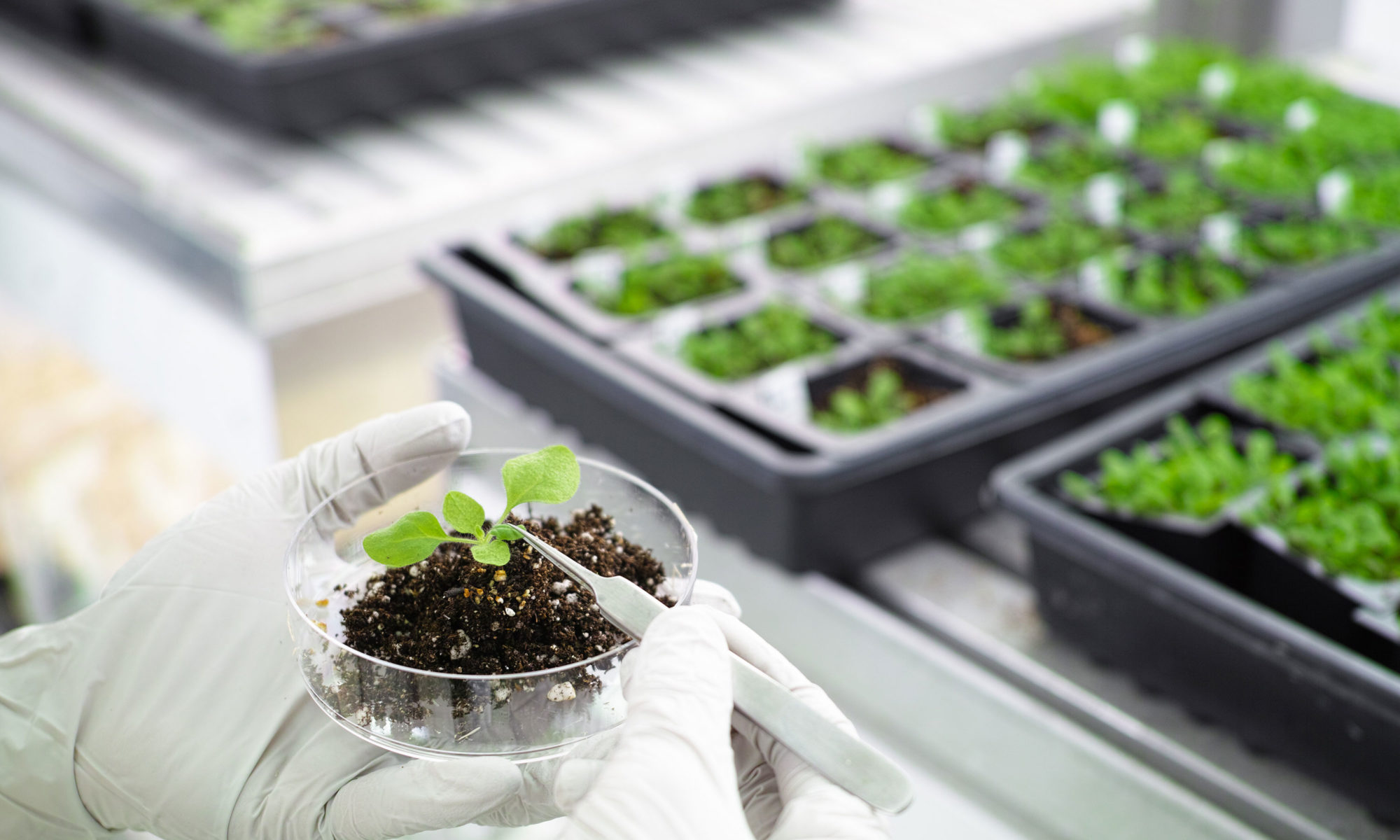COVID-19 has depleted stockpiles of essential medicines, straining the supply chains and hobbling the treatment of critically ill patients. Most medicines are manufactured in Asian countries, some of which are politically unstable. Moreover, 40% of medicines are plant based and therefore at high risk of natural disruptions like floods, droughts, fires, insects, and diseases.
Smolke says that a new way of manufacuring medicines is needed: a way that is flexible, reliable and economical: bioengineering the ingredients for medicines like analgesics and anesthetics using plants as inspiration. “The process involves identifying pieces of genetic code that produce medicinally beneficial molecules in plants, then replicating those molecules by inserting synthetic DNA into brewer’s yeast. Growing bioengineered yeast in large fermenters can lead to large-scale production of those highly valuable molecules.”
Rapid-response
This bio-based approach could streamline today’s fragmented and slow-moving supply chains, Smolke states. “Fermentation takes days or weeks instead of months or years. It also solves the problem of latency. When raw materials are planted and grown, there is a delay of up to two years before they’re sold. That means yields are set far in advance, and there is no cost-effective way to increase supply when there is a pandemic, drought, or other unexpected event.”
“The next disruption is a question of time, and efforts to prevent or at least mitigate them must address fundamental supply chain problems. A synthetic-biology-based manufacturing platform offers a domestic, rapid-response, economical solution.”
Read the full article on Stat News.
Image: SINITAR/Shutterstock



